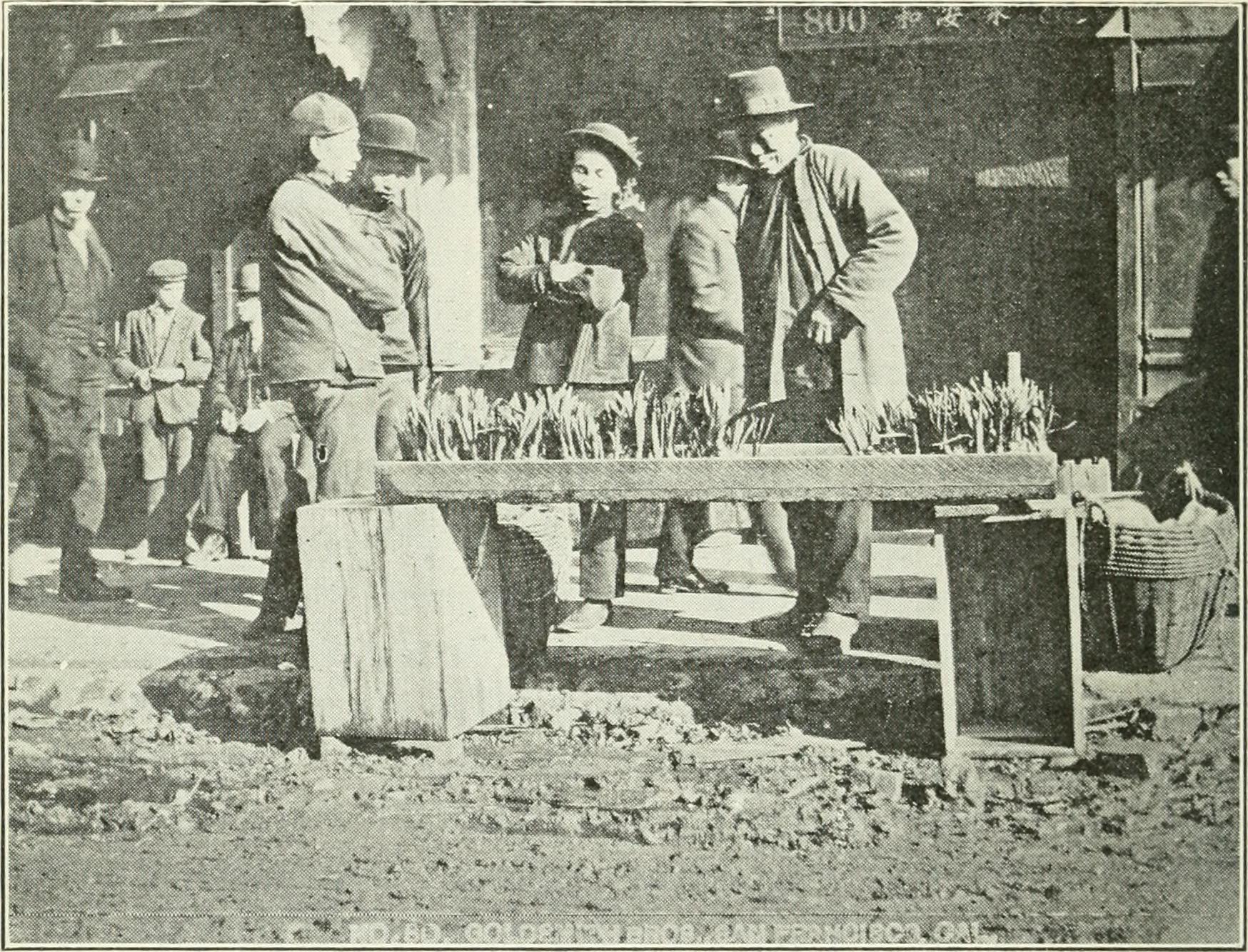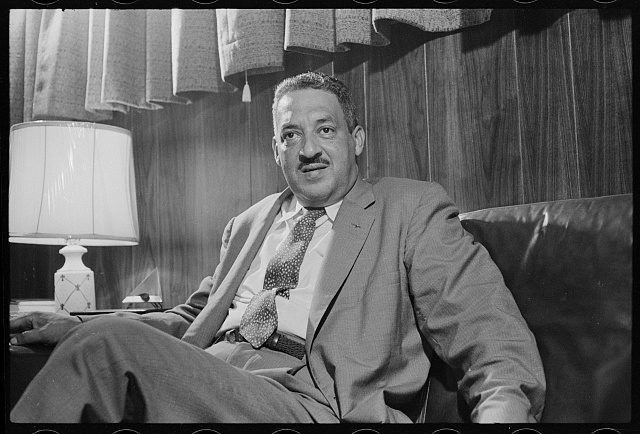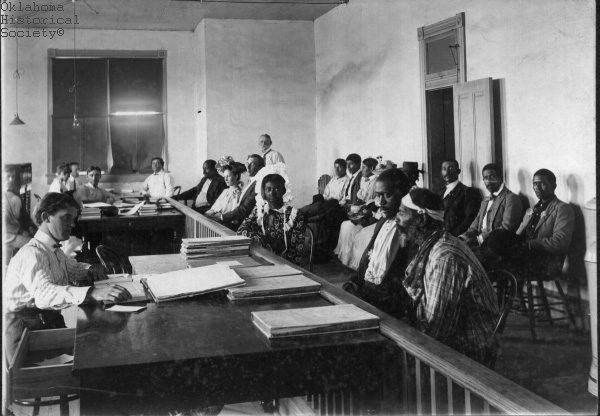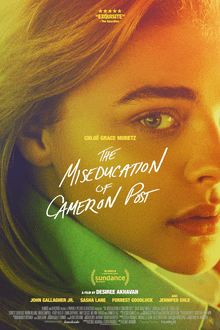This month on Not Even Past we are celebrating the accomplishments of seventeen students who completed their doctoral dissertations and received their PhDs in History in 2018-2019. Above you see some of them pictured. Below you will find each of their names and the title of their dissertations.
Many of these students were also contributors to Not Even Past throughout their time here, developing their skills as public historians alongside their training as a academics. Here we offer a comprehensive index to all our new PhDs’ publications on Not Even Past. Congratulations to all!
![]()
Ahmad Tawfek Agbaria
Dissertation: The Return of the Turath: Arab Rationalist Association 1959-2000
Ordinary Egyptians: Creating the Modern Nation through Popular Culture by Ziad Fahmy (2011)

Israeli tanks advancing on the Golan Heights. June 1967 (via Wikipedia)
Christopher Babits
Dissertation: To Cure a Sinful Nation: Conversion Therapy in the United States
The Miseducation of Cameron Post (Dir: Desiree Akhavan, 2018)
Digital Teaching: A Mid-Semester Timeline
The Blemished Archive: How Documents Get Saved
Age of Fracture by Daniel T. Rodgers (2011)
Nature Boy, 30 for 30 (Dir: Rory Karpf, 2017)
Doing History in the Modern U.S. Survey: Teaching with and Analyzing Academic Articles
Finding Hitler (in All the Wrong Places?)
The Rise of Liberal Religion by Matthew Hedstrom (2013)
Another Perspective on the Texas Textbook Controversy
Bradley Joseph Dixon
Dissertation: Republic of Indians: Law, Politics, and Empire in the North American Southeast, 1539-1830
Facing North from Inca Country: Entanglement, Hybridity, and Rewriting Atlantic History

Map of Virginia, discovered and as described by Captain John Smith, 1606; engraved by William Hole (Via Wikimedia commons)
Luritta DuBois
Dissertation: United in Our Diversity: The Reproductive Healthcare Movement, 1960-2000
Historical Perspectives on Marshall (dir. Reginal Hudlin, 2017)
UT Gender Symposium: Women’s Bodies and Political Agendas
Dennis Fisher
Dissertation: To Not Sell One Perch: Algonquin Politics and Culture at Kitigan Zibi During the Twentieth Century
The Many Histories of South Austin: The Old Sneed Mansion

A 1936 photograph of the Sneed House taken by the Historic American Buildings Survey (via Library of Congress)
Kristie Flannery
Dissertation: The Impossible Colony: Piracy, the Philippines, and Spain’s Asian Empire
A New History Journal Produced by Students
#changethedate: Australia’s Holiday Controversy
Acapulco-Manila: The Galleon, Asia and Latin America, 1565-1815
Notes from The Field: The Pope in Manila
Outlaws of the Atlantic by Marcus Rediker (2014)
Sixteen Months in a Leaky Boat
True History of the Kelly Gang by Peter Carey (2001)
Confederates in the Attic: Dispatches from the Unfinished Civil War by Tony Horwitz (1999)

Pedro Murillo Velarde and Nicolas de la Cruz Bagay. Mapa de las yslas Philipinas (1744) (Detail: Benson Latin America Collection, UT Austin)
Travis Michael Gray
Dissertation: Amid the Ruins: The Reconstruction of Smolensk Oblast, 1943-1953
Every Day Stalinism, by Sheila Fitzpatrick (2000)
Stalin’s Genocides by Norman Naimark (2011)

Soviets fighting during World War II (via wiki commons)
William Kramer
Dissertation: Faith, Heresy and Rebellion: Resisting the Henrician Reformation in Ireland, 1530-1540

Henry VIII, Elizabeth I, and Edward VI (via Art Institute of Chicago)
John Lisle
Dissertation: Science and Espionage: How the State Department and the CIA Deployed American Scientists during the Cold War
This New Ocean: The Story of the First Space Age by William Burrows (1998)
James Martin
Dissertation: In Search of the Nixon Doctrine on Latin America: Levers of Influence and Resistance in Hemispheric Relations

Vice President Richard Nixon’s motorcade drives through Caracas, Venezuela and is attacked by demonstrators, May 1958 (National Archives via Wikipedia)
Kazushi Minami
Dissertation: Rebuilding the Special Relationship: People’s Diplomacy and U.S.-Chinese Relations in the Cold War
Peeping Through the Bamboo Curtain: Archives in the People’s Republic of China
Cold War Crucible: The Korean Conflict and the Postwar World by Hajimu Masuda (2015)
Past and Present in Modern China
Historical Perspectives on Hayao Miyazaki’s The Wind Rises (2013)
Elizabeth O’Brien
Dissertation: Intimate Interventions: The Cultural Politics of Reproductive Surgery in Mexico, 1790-1940
Gendered Compromises: Political Culture and the State in Chile, 1920-1950 by Karin Rosemblatt
Nakia Parker
Dissertation: Trails of Tears and Freedom: Black Life in Indian Slave Country,1830-1866
Popular Culture in the Classroom
The First Texans: An Exhibit in Jester Hall
Confederados: The Texans of Brazil
Christopher Rose
Dissertation: On the Home Front: Food, Medicine, and Disease in WWI Egypt
Mapping & Microbes: The New Archive (No. 22)
Searching for Armenian Children in Turkey: Work Series on Migration, Exile, and Displacement
Industrial Sexuality: Gender in a Small Town in Egypt
Texas is Adopting New History Textbooks: Maybe They Should Be Historically Accurate
The Ottoman Age of Exploration by Giancarlo Casale (2010)
What’s Missing from ‘Argo’ (2012)
Chris is also the co-founder and main force behind our podcast, 15 Minute History, where he has done many of our interviews.
Edward Flavian Shore
Dissertation: Avenger of Zumbi: The Nature of Fugitive Slave Communities and Their Descendants in Brazil
History and Advocacy: Brazil and Turmoil
Sanctuary Austin: 1980s and Today
Beyonce as Historian: Black Power at the DPLA
Remembering Willie “El Diablo” Wells and Baseball’s Negro League
The Public Historian: Giving it Back
The Quilombo Activist’s Archives and Post-Custodial Preservation, Part II
The Quilombo Activist’s Archives and Post-Custodial Preservation, Part I
An Anticipated Tragedy: Reflections on Brazil’s National Museum
The Public Historian: Quilombola Seeds
Getz/Gilverto Fifty Years Later: A Retrospective
Por Ahora: The Legacy of Hugo Chávez Frías
The Cuban Connection by Eduardo Saénz Rovner (2008)
Che: A Revolutionary Life by Jon Lee Anderson
Eyal Weinberg
Dissertation: Tending to the Body Politic: Doctors, Military Repression, and Transitional Justice in Brazil (1961-1988)
Our History Mixtape: Embracing Music in the Classroom
Ex Cathedra: Stories by Machado de Assis: Bilingual edition (2014)

The Works Progress Administration’s music project employed musicians as instrumentalists, singers, concert performers, and music teachers during the Great Depression (via Library of Congress)
Zhaojin Zeng
Dissertation: Nourishing Shanxi: Indigenous Entrepreneurship, Regional Industry, and the Transformation of a Chinese Hinterland Economy, 1907-2004
Capitalism with Chinese Characteristics: Entrepreneurship and the State by Yansheng Huang (2008)

Cantonese bazaar during Chinese New Year at the Grant Avenue, San Francisco, circa 1914 (via Wikipedia)
Pictured in photo: Dr. John Lisle, Prof Daina Berry, Dr. William Kramer, Dr. Nakia Parker, Prof. Ann Twinam, Dr. Christopher Rose, Dr. Elizabeth O’Brien, Dr. Eyal Weinberg.








